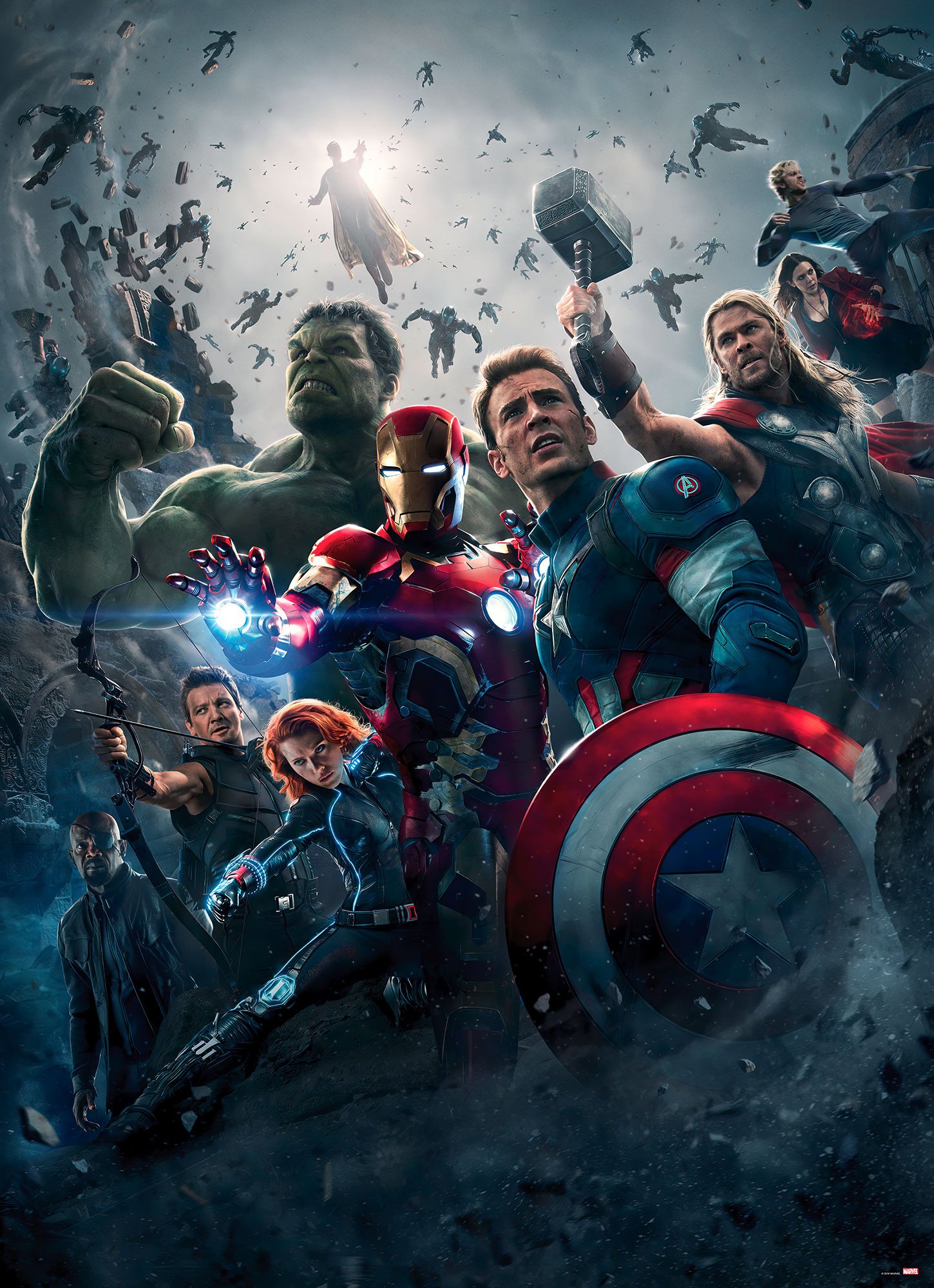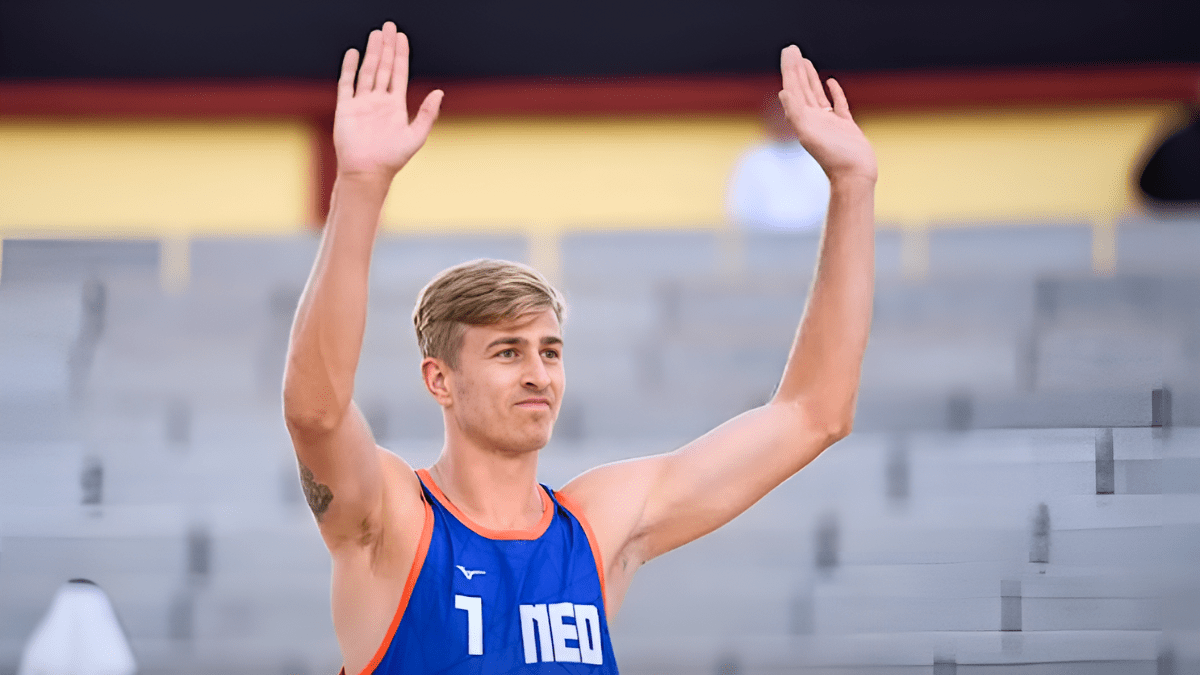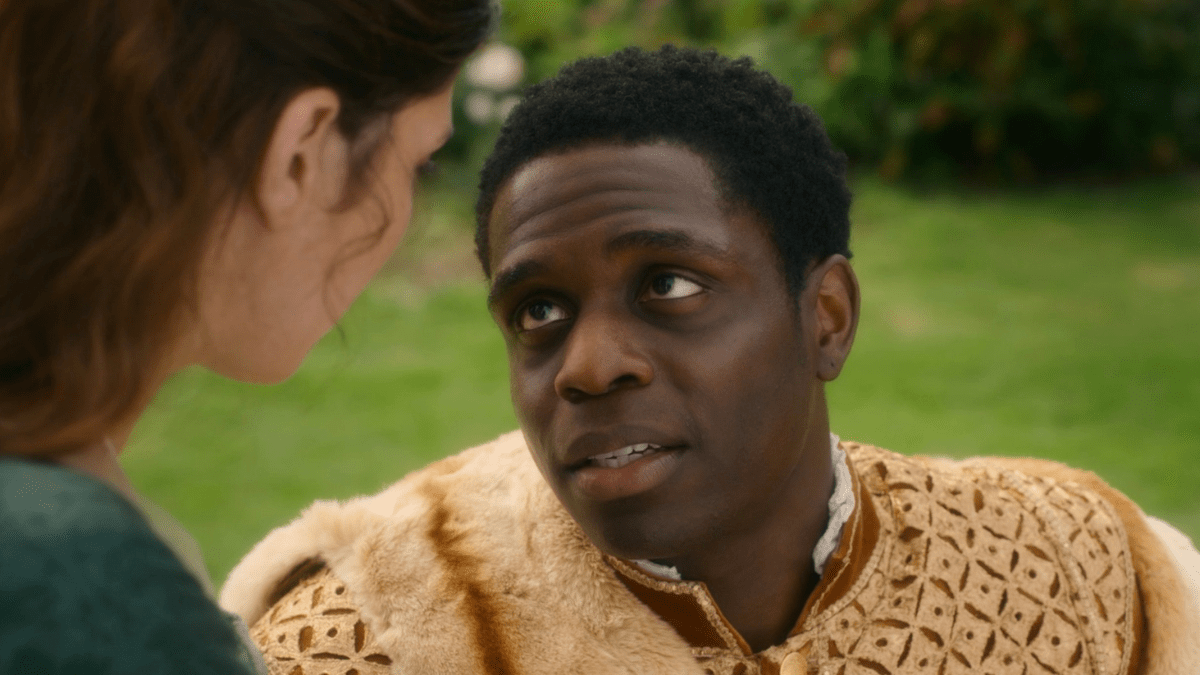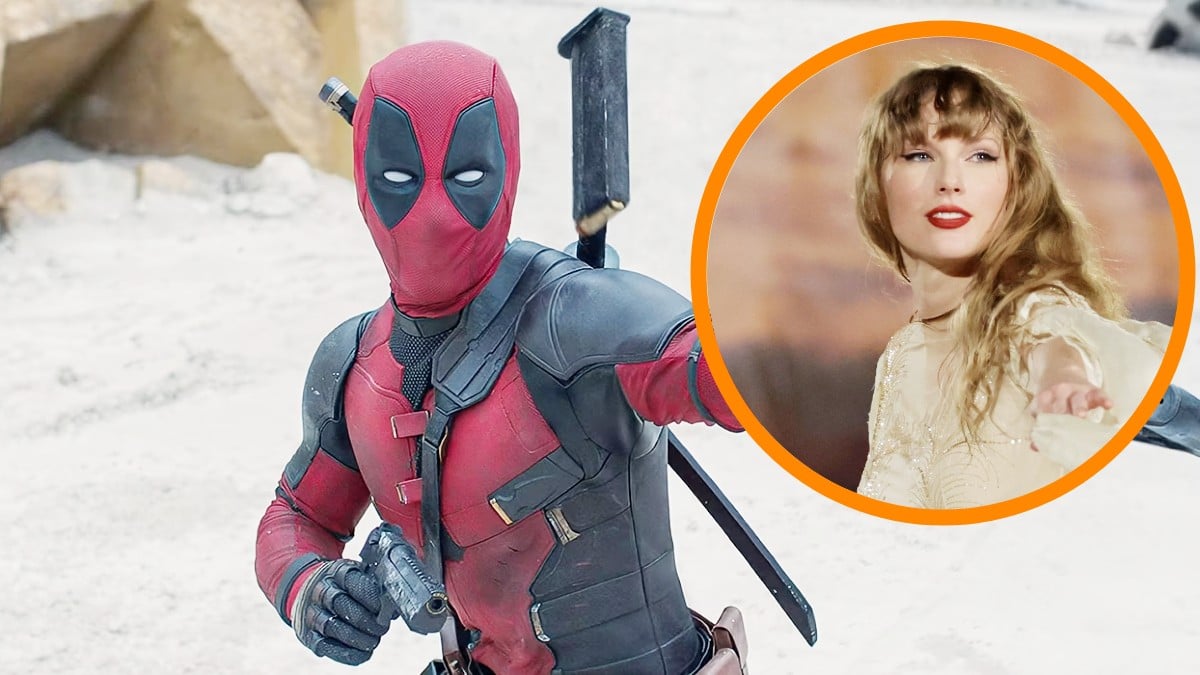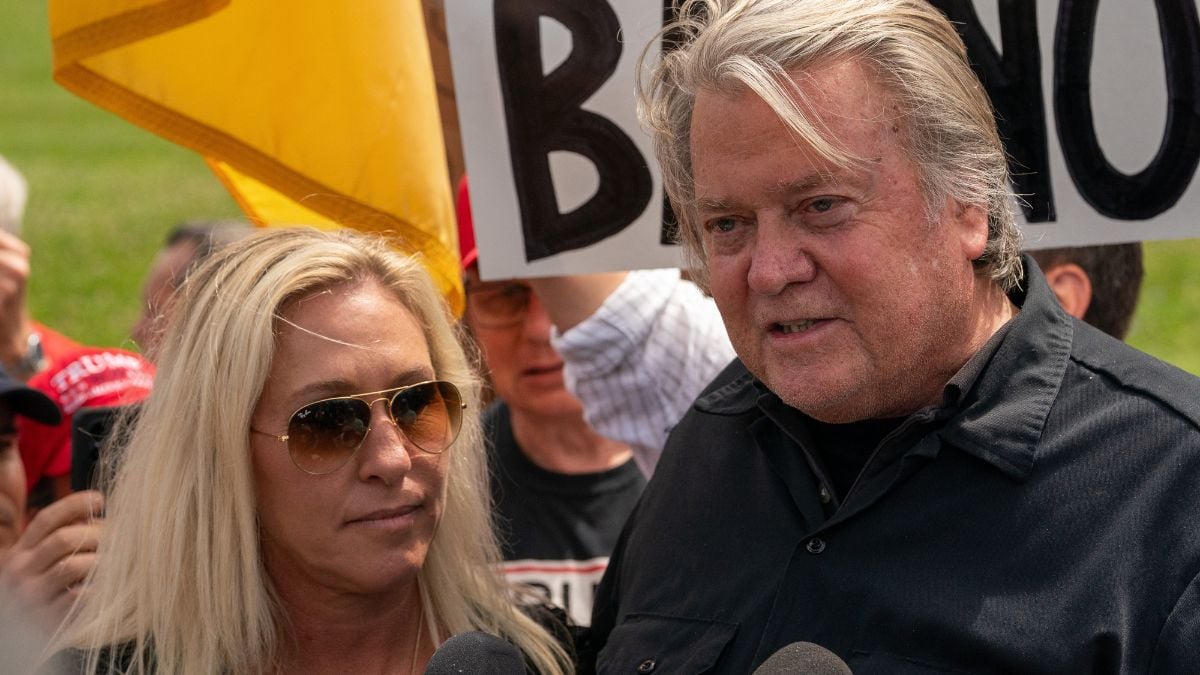This article mentions child sexual abuse. Please read with caution.
In a scenario that no one could have predicted, Dutch beach volleyball player Steven van de Velde has qualified to represent the Netherlands at the upcoming Paris Olympics, despite his dark past as a convicted child rapist. This decision has sparked outrage and raised serious questions about athlete eligibility, rehabilitation, and the moral standards of the Olympic Games.
In 2014, when van de Velde was 19, he flew from Amsterdam to the UK to meet a 12-year-old British girl he had been chatting with on Facebook. Knowing full well her age, he proceeded to rape her multiple times over two days. He was eventually extradited, tried, and sentenced to four years in prison in 2016. At the time, Judge Francis Sheridan told van de Velde that his “hopes of representing [his] country now lie as a shattered dream.” The judge’s words seemed prophetic, with van de Velde’s lawyer describing the verdict as a “career end” for the athlete.
And now today in 2024, for whatever ungodly reason, that “shattered dream” has inexplicably been pieced back together. Van de Velde, now 29, has returned to competitive volleyball and secured a spot on the Dutch Olympic team alongside his partner Matthew Immers. They’re currently ranked 11th in the world heading into the Paris Games.
Is this a fever dream or is a child predator actually competing in the Paris Olympics?

I think I speak for a large number of people when I ask the following questions:
1. Was there no one else that could have volunteered as tribute? Like anyone at all? Perhaps a very talented seal?
2. How did van de Velde manage to rehabilitate his career so quickly?
3. Why is the Netherlands allowing a convicted child rapist to represent their country on the world stage?
4. And maybe most importantly, what message does this send to survivors of sexual abuse?
The situation becomes even more confusing when we consider how other athletes have been treated for far less serious offenses. Take the case of Sha’Carri Richardson, the American sprinter who was banned from the 2021 Tokyo Olympics after testing positive for marijuana. Richardson had used cannabis – which is legal in many U.S. states – to cope with the recent death of her biological mother. Despite widespread public support and calls for leniency, she was still barred from competing.
The stark contrast between these two cases highlights troubling issues of privilege and double standards in sports. Van de Velde, a white European man, is allowed to compete despite committing a heinous crime against a child. Meanwhile, Richardson, a Black American woman, was banned for circumstances where it would have made much more sense to count as an exception. And for any Europeans that want to argue that racism or white supremacy doesn’t exist on their side of the pond, what do you think about the Roma people? I’ll wait. This disparity points to deeper issues of systemic racism and sexism in sports and society at large. It’s a clear example of how intersectionality (i.e. the way different forms of discrimination overlap and compound) plays out in real-world happenings.

To add a bit more context, cannabis is prohibited by the International Olympic Committee’s World Anti-Doping Agency “unless an athlete has an approved Therapeutic Use Exemption.” If an athlete tests positive for THC, they can receive “anti-doping rule violation and sanction,” as the organization considers it a performance-enhancing substance, a health risk, and goes against the “spirit of the sport.” Are you seeing the sick irony of this whole debacle yet?
Adding another layer to these complex events is van de Velde’s apparent lack of guilt. In a 2017 interview following his early release, he attempted to “correct all the nonsense” written about him, claiming he had been unfairly branded a “sex monster” and a “pedophile.” His comments naturally drew sharp criticism from child protection organizations, who described his “lack of remorse and self-pity” as “breathtaking.”
The Dutch Olympic Committee has yet to comment on van de Velde’s qualification, and the International Olympic Committee (IOC) faces a significant ethical dilemma. Every Olympian is required to sign an Athletes’ Rights and Responsibilities Declaration, which includes a clause about acting as a role model. It’s hard to see how van de Velde fits this requirement given his past actions.
This controversy also brings to mind the ever-growing circus that is U.S. politics, particularly the case of former President Donald Trump. Despite facing multiple criminal indictments, including charges related to his alleged role in the January 6 Capitol insurrection, Trump has received a degree of immunity from prosecution for certain actions taken while in office. This ruling by the Supreme Court has allowed him to continue his 2024 presidential campaign largely unimpeded.

The parallels between these situations — a rapist allowed to compete in the Olympics and a former president facing serious criminal charges allowed to run for office again — highlight troubling themes about accountability, justice, and the privileges afforded to certain individuals in positions of power or prominence.
The international sports community must grapple with these difficult ideas as we approach the Paris Olympics. Should there be clearer guidelines about athlete eligibility in cases of serious criminal convictions? How do we balance the concepts of rehabilitation and second chances with the need to protect vulnerable individuals and uphold the integrity of sports? As fans and global citizens, we need to demand better from our sporting institutions and hold them accountable for the messages they send through their decisions.
The Olympics are meant to represent the pinnacle of human achievement and the best of the human spirit. I think it goes without saying that allowing someone like van de Velde to compete seems to fly in the face of these ideals.
If you know someone suffering from sexual violence, contact RAINN or the National Sexual Abuse Telephone Hotline at 1-800-656-4673.

